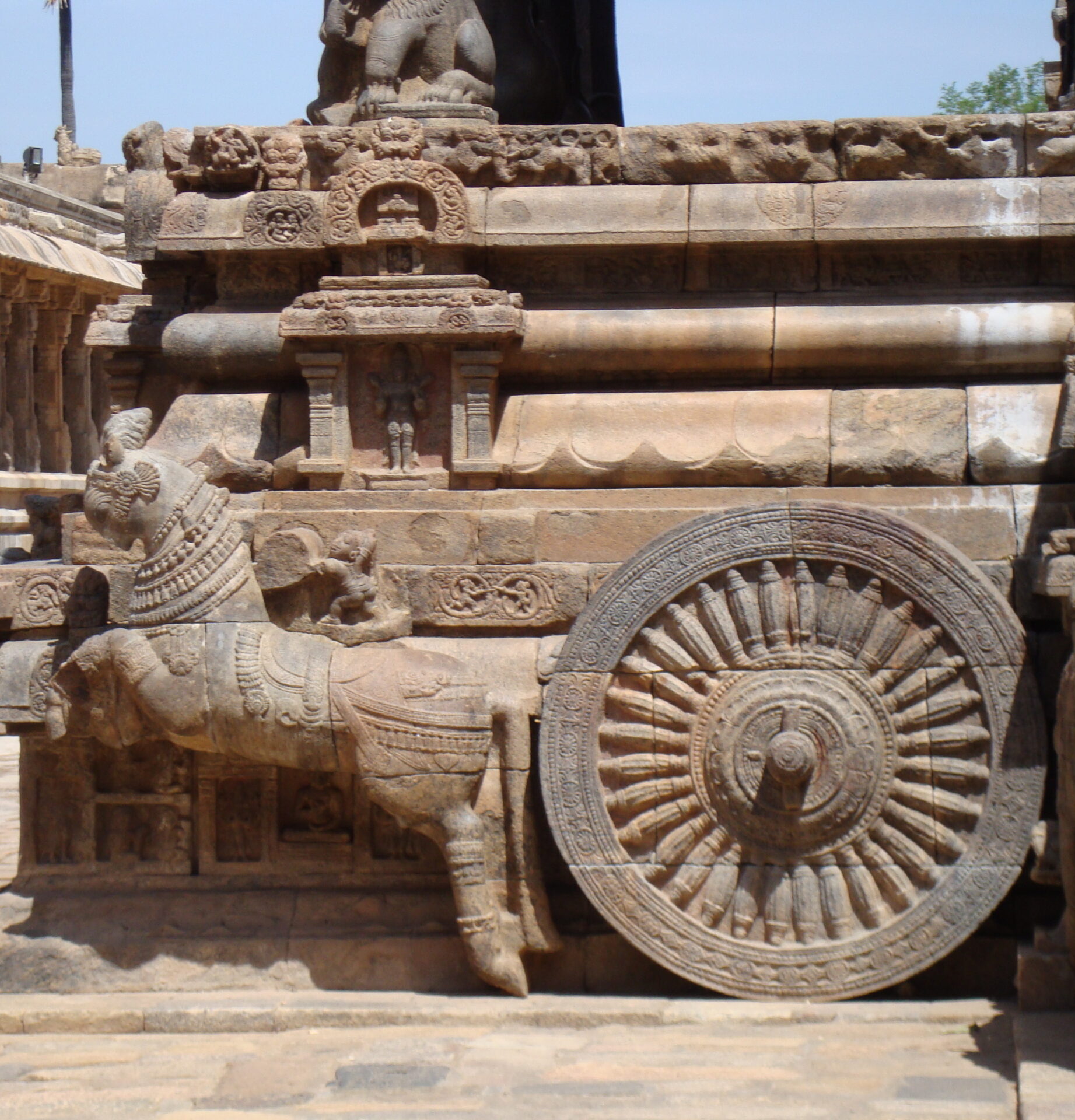Hiraeth, a noun, pronounced Heer-eye-th, a Welsh word that lacks a direct translation. The word perhaps lacks a translation because it conveys a feeling. A feeling of homesickness, longing for the happier times, missing something that’s lost forever in the vortex of time.
Other European languages make an effort to compete with this word and its impression on me. German contains the word sehnsucht, which essentially means the same, but conveys the emotion of yearning for an idealistic experience, describing a facet of life that is incomplete or unfinished. When I ponder over this word, a sense of sadness descends upon me. Grief is the central theme around this word. The word, in my opinion, deals with people who I knew, things that I owned or experiences that left a deep impression on me. While the word speaks to me as a human, the feeling is too close to what I experience in everyday life. The feeling the word conveys, in my opinion, is too pedestrian, too commonplace and is too utilitarian. A word that conveys meaning with an aura of feeling. That’s what sehnsucht is to me. Then again, my evaluation of this word could be the result of my own bias in assuming the german language to be that of the stoics!
Saudade is a Portugese word that tries to compete with hiraeth, but falls short, in my opinion. The word represents a state of deep nostalgia, melancholic longing for something or someone. Where it falls short is, the emotion can entirely be manufactured. While longing or desire, by definition, would imply the want to possess something that we currently don’t, saudade goes one step further to emphasise that we might never own the object or experience the event, because the feeling ensconces the knowledge that the object of longing will never be had, the experience to be never relived. It pummels in a sense of helplessness by asserting that events, objects, people, that once bought us joy, now exist to bring immeasurable pain to us, with joy being wiped out in totality. It does redeem itself by acknowledging that by longing for the past, we would cheapen the excitement future brings. Overall, the feelings this word is a mixed bag and competes quite close to hiraeth, but is a very close second in the race I am umpiring.

While I was rummaging through my old backup drive, I chanced upon an old digital photograph that I took when I was 17. It was my very first camera that I received as a gift for passing my senior secondary examinations. I promptly put it to good use during my vacation that I went on shortly before I started university. The photograph is that of the stone horse that is pulling the chariot, which is the sanctum sanctorum itself. I clicked the photo in the quaint southern town of Darasuram. Airavatheshwarar temple is a Hindu temple belonging to the Dravidian tradition of architecture built by Rajaraja Chola II sometime in the 12th century CE. Each pillar of the temple hums a story of the times it has lived through. The sun-weathered stones that lived through processions, prosperity, pillages and poverty tries to convey a feeling, a feeling of times that were vastly different to ours. The more I started to read about the Chola king, the more I longed to live during his time. I can attribute that to plain curiosity. It is a fleeting emotion, where logic overrules everything.
What triggered this stream of emotion associated with the word was the period in my life when I had taken the photo. All of 17, I was certainly a carefree person. I was younger then, people around me were younger. Although I had no bank account yet, I certainly had a lot more then, than what I have to my name now. I took the photo during a vacation in a place far away from my home town. I remembered, when I had taken the photo, I was itching to get back home, with the vacation stress setting in. I wanted to go back home, to a familiar town, to a familiar pillow. I was far from being unhappy but perhaps felt happier in my own home. I did go back home a couple of days later. While I don’t remember how I felt after I got home, I can’t imagine it being anything less than absolute happiness. While staring at the photo with a daffy smile plastered on my face, reminiscing about the better times, a deep sense of longing for my home set in.
The photo was taken many hundreds of kilometres away from my home. Yet, I am reminded of my home staring at that photo. Hiraeth, an obscure welsh word, appropriated by the English language fits like a glove describing the flood of emotions. There are a lot of things I miss from the times I took that picture – staying at a place I call home, surrounded by people whom I call family, times when laughter was loud and hearty, and smile genuine and not a facade put up for social compulsions. There is neither grief nor helplessness that I associate with this feeling, effectively invalidating the attribution of this feeling to the mainland European words. The Welsh, whom I have no idea about, loaned this beautiful word to the English language – hiraeth.
Life encumbers everyone because that’s what life does. If fate is a cruel mistress, life is a tiring sweetheart. She encumbers us with hardships and offers us fleeting moments of relief and happiness. Relief knowing that it is not long before I pack my bags one more time to fly back home. Moments such as these makes me appreciate what it feels like to be back home, which should be in December, if Lufthansa wills it!